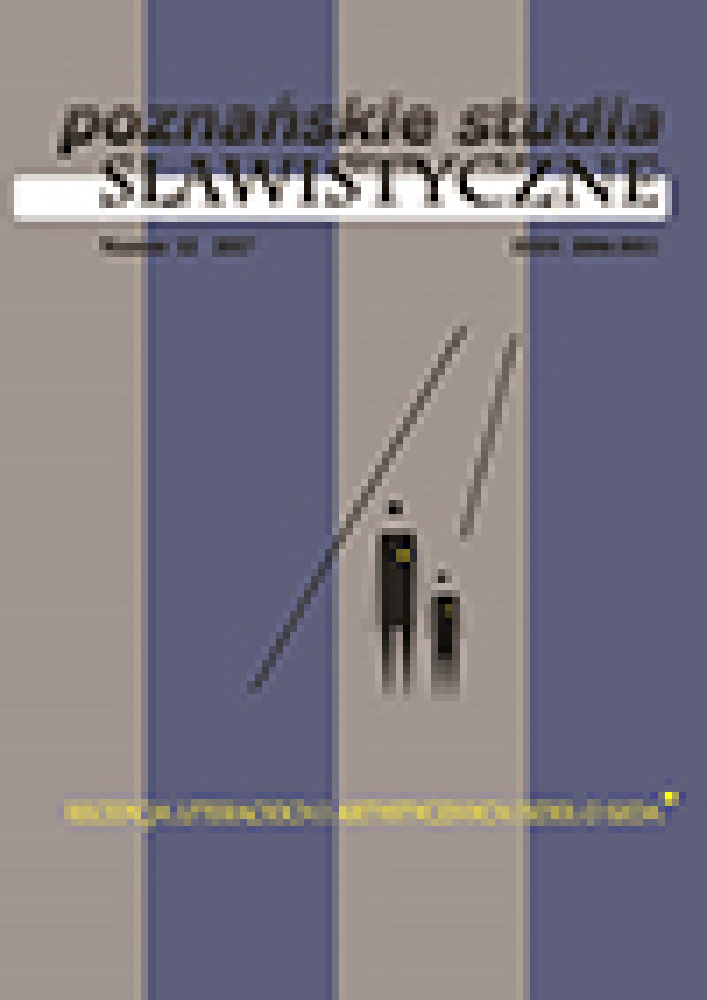Abstract
The reportage Ukraine without Jews (1943) by the Soviet writer Vasilij Grossman is one of the earliest public reports on the Holocaust. Although Ukraine had been in the centre of the Nazi mass murder and single voices like the ones of Grossman or Il’ja Ėrenburg even called betimes attention to the ongoing genocide of Ukrainian Jews, any tradition of Ukrainian Holocaust narratives has not been developed yet. Since its independency in 1991, there are attempts to participate in the Western memory discourse, but by now, they have rather no broader impact. The reception of the debate on the Holocaust serves more likely as a backdrop for its own discourse of victimization, the Holodomor, which is used for developing a national identification within the current Ukrainian nation-building process. Since the Orange Revolution, as the Ukraine has found itself in a critical phase of a socio-political upheaval, some texts of leading Ukrainian writers (Marija Matios, Oksana Zabužko, Jurij Vynnyčuk) have occurred that carefully raise the subject of the Holocaust, or rather the gap in the Ukrainian consciousness. This paper gives an overview about the texts and works out the narrative strategies, whereby only the coming years will show, if these texts constitute the beginning of a Ukrainian Holocaust literature.References
Adler S., 2015, Holocaust-Gedenkstätten in der Ukraine. Das Kaddisch kommt erst 74 Jahre später, , 1.05.2016.
Ehrenburg I., Grossman V., 2009, From the Editors of “The Black Book”, in: The Complete Black Book of Russian Jewry, transl. and ed. by D. Patterson, New Brunswick–London, pp. XXI–XXII.
Grossman V., 2011, Ukraine Without Jews, transl. by P. Zavadivker, “Jewish Quarterly” No. 58/1, pp. 12–18.
Kaplan J., 1991, Ėcho Bab’ego Jara. Poėtičeskaja antologija, Kiev.
Kappeler A., 2011, Die Ukraine. Prozesse der Nationsbildung, Wien–Köln–Weimar.
https://doi.org/10.7788/boehlau.9783412213824
Leggewie C., Lang A., 2011, Der Kampf um die europäische Erinnerung. Ein Schlachtfeld wird besichtigt, München.
https://doi.org/10.17104/9783406619960
Matios M., 2004, Solodka Darusja, L’viv.
Matios M., 2013, Čerevyčky Božoï materi, L’viv.
Rapson J., 2015, Topographies of Suffering. Buchenwald, Babi Yar, Lidice, Oxford.
Rjabčuk M., 1998, Vos’mero evreïv u pošukach didusja, in: Jehupec’. Chudožn’o-publicystyčnyj al’manach Instytutu Judaïky, 7, 4, pp. 228–238.
Snihur S., 2005, A Ukrayina ž čym zavynyla, abo Znovu za rybu hroši, , 28.01.2017.
Stryjek T., 2014, Ukraina przed końcem historii. Szkice o polityce państw wobec pamięci, Warszawa.
Zabužko O., 2010, Muzej pokynutych sekretiv, Kyïv.
License
Copyright (c) 2017 Anja Golebiowski

This work is licensed under a Creative Commons Attribution-NoDerivatives 4.0 International License.
